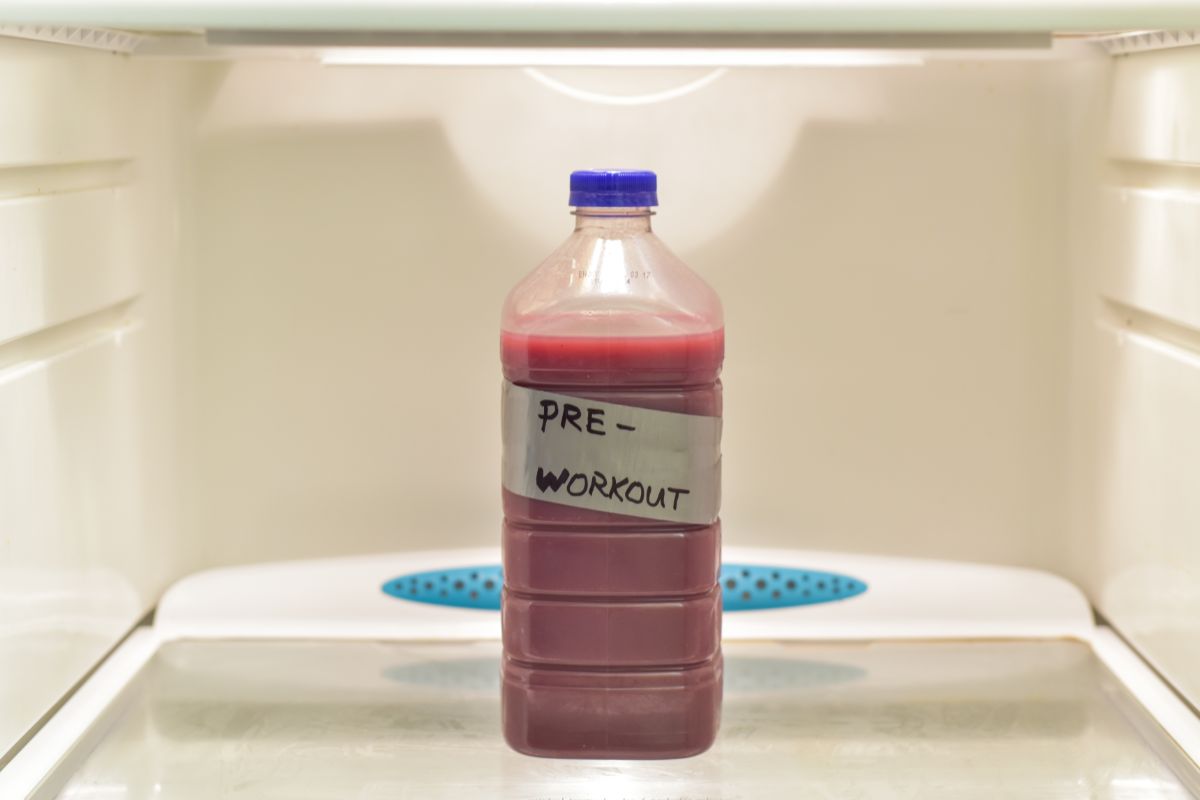Everyone knows that running is a great workout. It involves several active movements that have many mental and physical benefits.
Despite these advantages, it comes with its drawbacks, as running can cause several side effects that can be unpleasant.

If you’re a frequent runner, you may have experienced a sensation called ‘runners itch’. This condition is an itchy or prickling feeling in the legs that occurs during exercise.
Runner’s itch can be frustrating, especially if you’re trying to prioritize implementing an active lifestyle.
We’ll cover more about runner’s itch in this article, including what it is and why it may happen.
You’ll also find out some ways of eliminating runner’s itch so that you can get back to enjoying your runs once more.
Runner’s Itch: The Basics
Runner’s itch is an itchy feeling in the legs that happens either during or after a run. This tends to happen as a result of capillary expansion among beginner runners, or in those who haven’t run for a while.
However, these are just some of the possibilities, as there are many more conceivable causes of runner’s itch, which we’ll get into below.
Why Do My Legs Itch When Running?
After A Break
If you haven’t run for a while, getting back into a new running routine can be a lot for the body to deal with.
If we’re inactive, there’s less blood flow to the capillaries within our muscles. Once we get back into running, the heart starts pumping more blood to all of our veins, including the capillaries within the thighs and legs.
These small veins then begin expanding to allow more blood through them, which then activates the nerve endings around them. This results in a tingling or itchy sensation.
If you’re trying to get back into running and notice itchy legs while doing so, it’s probably due to increased blood flow in the legs.
People in better shape have stronger capillaries within their body, as improved blood pressure and blood circulation are a result of frequent activity.
In this case, you don’t need to worry too much about itchy legs, as you’re working on getting in better shape.
Your veins just need to start getting used to an increase in blood flow. If your legs start feeling itchy as a result, all you need to do is keep training!
Reaction To Sweat
Sweat is usually the sign of a good workout, but it can often irritate your skin as a side effect. This can often occur in humid conditions.
If your clothes become soaked with sweat, they may stay wet during your run. Wet clothes combined with running motions can cause chafing from the added friction.
If you haven’t worked out in a while, the next time you do run, you might notice an itchy feeling from the sweat evaporating.
If this is the case, the itchy sensation should resolve itself quickly after your workout once you get into dry clothes.
If sweat is the cause of your itchy legs (or any other body part for that matter) wearing looser clothing can help avoid the itching from occurring again.
You can also wear spandex leggings that can help prevent chafing while you train.
Dry Winter Conditions
Winter months bring dryer conditions with it. Dry air is a direct cause of dry skin. When a person with dry skin runs on a breezy, cold day, they are very likely to experience runner’s itch.
It can be hard to prevent dry skin in the winter. Moisturizers and staying hydrated can help, but this needs to be done regularly to see a difference.
Dry skin can also feel worse when running in spandex pants. The material might keep you warm, but friction against dry skin, combined with the cooler air can lead to irritation and itching.
If your thighs and legs itch in cooler conditions, it may be due to your attire and skin condition.
To prevent the itchy sensation, apply a moisturizer to your legs before and after your run.
Heavier moisturizers take longer to absorb, but your skin will soak lightweight formulas up quicker, ensuring that you remain comfortable while on your run.
Other Solutions To Prevent Runner’s Itch

If runner’s itch is still a huge issue, here are some other solutions that may help with the sensation.
See A Doctor
Before you try any of the advice below, you need to rule out any medical issues that might be causing itchy legs.
If your runner’s itch is particularly painful, or you are experiencing rashes or redness along with the sensation, see a doctor or a medical professional as soon as possible.
Remove Skin Irritants
Several things within your household might be contributing to itchy legs. These include:
- Laundry detergent. Some harsher formulas can irritate the skin or dry it out. Natural formulas and sensitive skin brands can be kinder to your skin, helping to avoid the itchy sensation.
- Household cleaning supplies, like wipes and sprays. Always keep your skin covered while cleaning the house, and keep the room ventilated to avoid the product touching your skin.
- Soap. Choose hand soaps with added moisturizers to keep the skin from drying out. You can also keep a hand cream in the bathroom to use after washing your hands.
Keeping Hydrated
As mentioned above, hydration is important to keep your skin supple and nourished. Hydration is also very important for sport, as you need to be sufficiently hydrated to finish a run strong.
Even if you are drinking a lot of water, your diet might be dehydrating you without even knowing it. Salt, sugar, and alcohol can dry you out, so try to only consume these substances in moderation.
New Clothing
If your clothing is contributing to your runner’s itch, you may need to buy some new running gear.
Tights that cut into your flesh, long socks that keep slipping down, and waistbands that keep rubbing against your skin are all possibilities.
It can be annoying to buy some new running clothing just to find out that it itches your skin. Unfortunately, it might need a bit of experimenting to find the right gear for you.
Trying on clothes in the store before you buy them can help with this, as well as looking at the size guide to find the right size clothing for you.
The Bottom Line
Itchy legs when running is a result of runner’s itch, which can occur for many reasons.
If you do think that there’s a medical reason behind the runner’s itch, see a doctor, but if not, try and power through your runs regardless.
Keep running as often as you can, as runner’s itch normally occurs in those that take a long break from running.
Remember to stay hydrated and moisturized, and take a look at your running clothes to see if they might contribute to the issue.
- Can Dogs Run Faster Than Humans? (Running With Your Furry Friend) - October 4, 2022
- 10 Doggie Fun Runs You Will Love [Ultimate Guide] - October 4, 2022
- What Are Division Results In Running? - October 4, 2022








